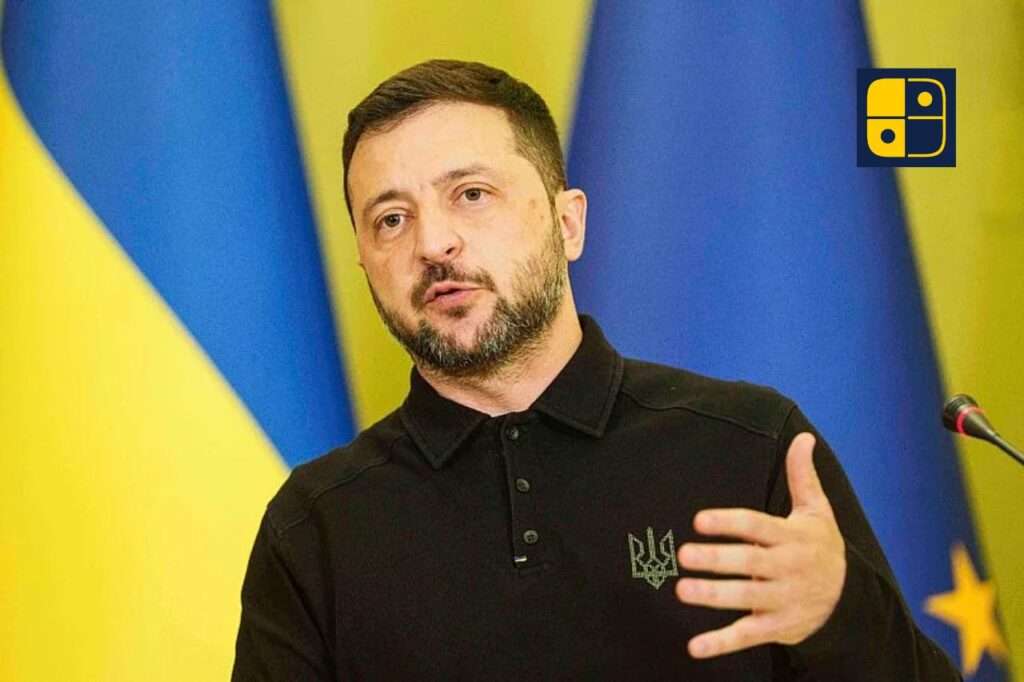At a pivotal summit in Brussels, leaders from the EU endorsed continuing their financial support for Ukraine for the next two years without green lighting the proposal to utilize €140 billion in frozen Russian assets held in the Euroclear clearing house in Belgium. The proposal labeled a “reparations loan” intended for Kyiv encountered opposition from Belgium, citing concerns over legal repercussions and other possible financial troubles that may ensue if Russia challenges what it sees as improperly commandeered Russian assets. “This is uncharted territory,” warned Belgian Prime Minister Bart De Wever, arguing that this proposal could lead to massive lawsuits.
Noting certainty about the two-year funding plan, though delayed, European Council President Antonio Costa indicated the EU’s commitment to stabilize Ukraine’s funding support until 2027. The formal decision will be reviewed in December when the European Commission provides legal and financial particulars. Attending the meeting was Ukrainian President Volodymyr Zelensky, who called all of this “political support” with respect to making Russia pay for its aggressiveness.
The EU’s measured response comes amidst new sanctions directed at Russian oil revenues and in conjunction with recent US sanctions targeting Rosneft and Lukoil. These sanctions from the U.S. are notably President Donald Trump’s first direct sanctions against Moscow. In response to the EU’s plans, Russia denounced the plans and warned of a response that would be “painful.” China also condemned Brussels for sanctioning Chinese energy firms buying Russian crude.
The postponement highlights Europe’s legal and political dilemma: sustaining solidarity with Ukraine while also considering the risks of creating a precedent for the confiscation of assets. Nevertheless, the reaffirmation of support for reconstruction of Ukraine reinforces the notion that Europe’s support for Ukraine’s defense and reconstruction remains resolute, even in the midst of internal reticence.

